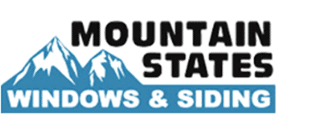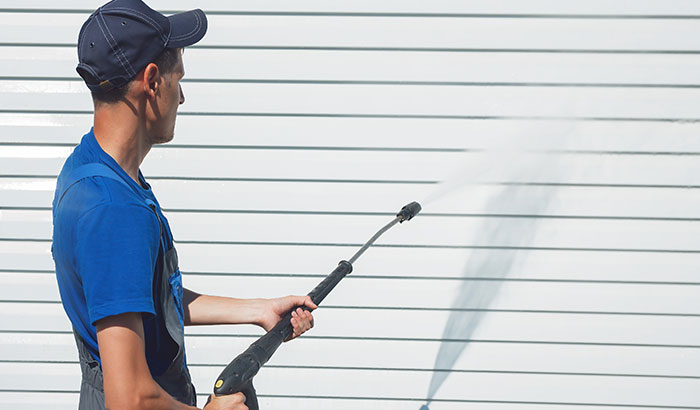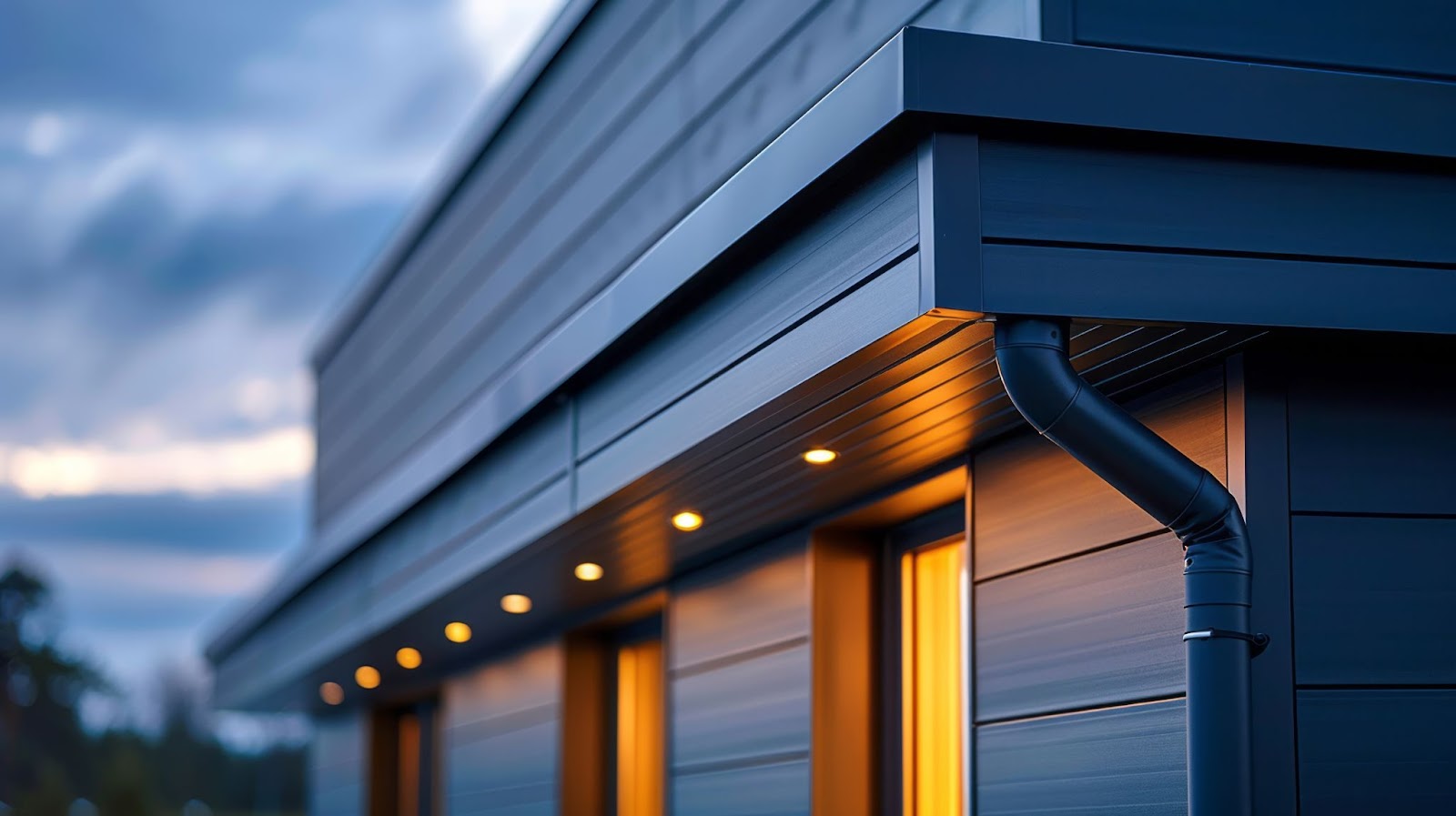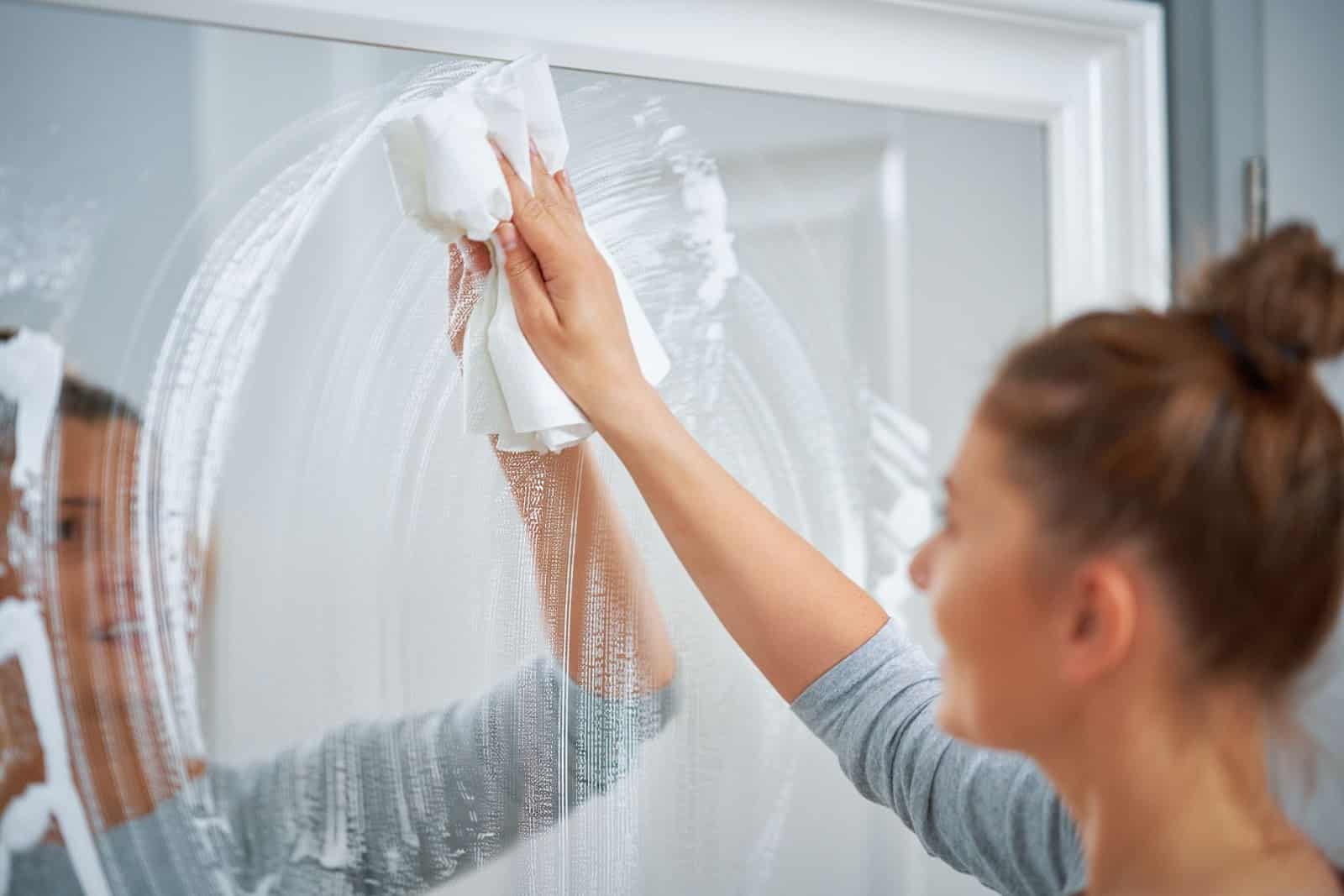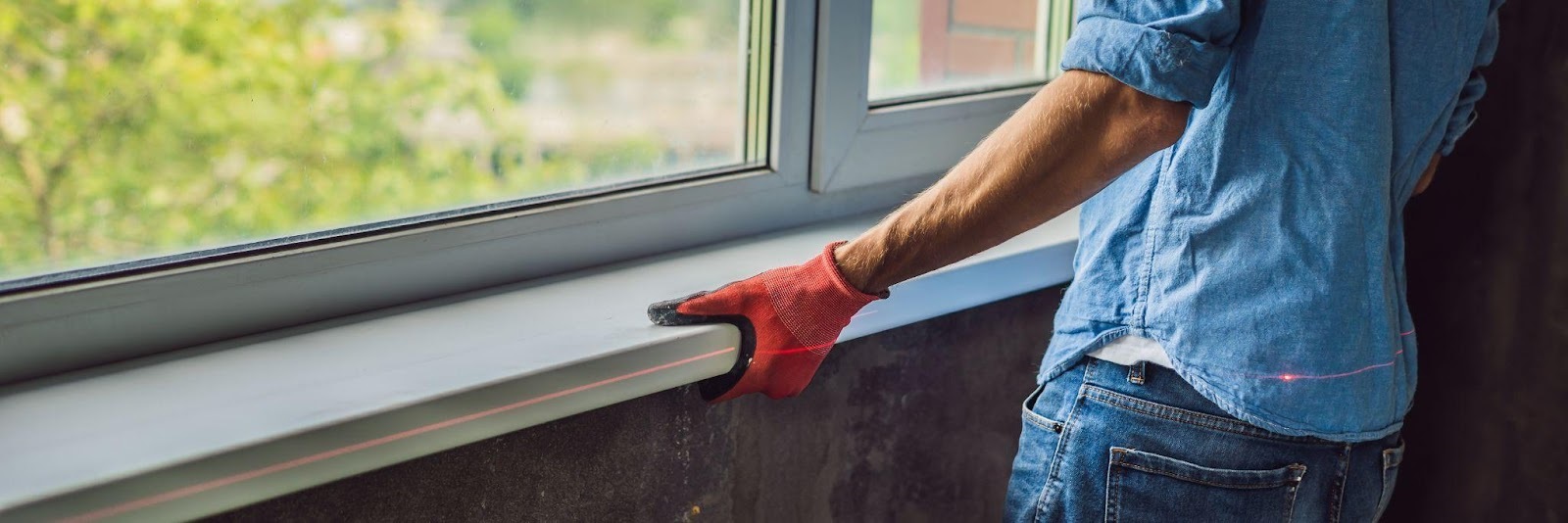Finding the right cleaners for vinyl siding can be tricky, especially if you are looking for products that won’t harm your plants. Don’t worry, though. There are some great options that will keep the exterior of your home clean and your plants healthy so your home’s curb appeal stays beautiful.
Vinyl siding is the most popular type of siding for homes in the United States, yet many homeowners aren’t sure when or how often to clean it. In fact, many homeowners may not even know how to clean it.
Just by the nature of how siding functions to protect your home, vinyl siding can accumulate dirt and grime over time that you may not notice right away. Depending on the climate you live in or other external factors, you may also find that your siding collects a variety of stains from natural sources such as pollen or bird droppings. So how do you effectively keep the exterior of your home clean?
In today’s article, we will discuss all the tips and tricks you need to know to maintain your vinyl siding in environmentally friendly ways.
Harmful Effects of Cleaners
There are many cleaners for vinyl siding that are strong enough to get the job done but can also negatively affect your yard and the plants surrounding your house. You may not even realize how certain products and approaches can be dangerous or how far-reaching the effects may be.
For instance, as you are washing the dirt away from the exterior of your home, you are also letting the cleaning products and harmful chemicals run off into the sewer and groundwater, contaminating our water supply. Additionally, when those chemicals fall on plant life, they create a hazard to insects and animals that may come in contact with those plants.
So it is important to be aware of the products you choose to use when cleaning around the outside of your house. Avoid using cleaners that include chlorine bleach, ammonia, or any organic solvents. Not only will these damage your vinyl siding, but they will also kill the plant life that comes in contact with it, even when these substances are diluted.
This is not to say that all cleaning products are bad for the environment. The right cleaners can get rid of the mess without impacting your flourishing yard. You can use even a specific type of bleach effectively without harming the flora or fauna around your home, but we’ll get to that later.
General Cleaning Tips
The Vinyl Siding Institute recommends using soft cloths or soft-bristled brushes and a cleaner mixed with water to clean your vinyl siding. Textured sections may require a bit more scrubbing but should still be scrubbed with a soft-bristled brush to avoid scratching or peeling to finish off the siding.
It is also recommended to start at the bottom of the exterior wall and work your way up. Be sure to rinse the cleaning solution off each section before it dries. This will prevent streaking and make sure residue isn’t left behind.
It can also be helpful to cover other cladding materials, such as stucco or bricks, if they do not also require cleaning. Power washers can also be used, but they should be set at the lowest possible pressure and kept at eye level or below.
As far as cleaning products go, it is best to use a cleaner designed for outdoor use. Your average “all-purpose cleaner” is not a great choice for this particular job. But you don’t want to use a cleaner that is too strong or includes ingredients that will corrode the vinyl siding or cause the color to fade.
Plant Safe Options
If you are worried about choosing the right cleaner for vinyl siding or don’t want to deal with ingredient lists, you can always depend on a solution of water and vinegar. Mixing 2 parts water and 1 part vinegar makes a cleaner that will get rid of dirt and grime and any mold or mildew that has accumulated on your siding without harming any of your plants or flowers.
If you are looking for something a little stronger to use on tougher stains and messes, there are cleaning products developed and distributed by garden supply companies that can be used with water to safely clean your siding while protecting your plants. Just be sure to take a closer look at the product’s ingredients to ensure there are no harmful chemicals like the ones mentioned above.
Getting Back to Bleach
In most cases, when people talk about bleach, they refer to chlorine. The active ingredient in chlorine bleach is sodium hypochlorite, which causes oxidation (oxygen release) and cleans and disinfects.
Unfortunately, chlorine bleach can be damaging to more than just germs. It is a corrosive substance that can irritate or cause a burning sensation to your skin and eyes. It can also release poisonous chlorine gas, which can damage your lungs and become deadly if you are exposed to too much of it for too long.
Oxygen bleach, on the other hand, is completely biodegradable and can be used to effectively clean surfaces outside without harming plant and animal life. Instead of sodium hypochlorite, oxygen bleach uses sodium percarbonate as the active ingredient. In case you aren’t a chemist, we will explain how sodium percarbonate works.
When sodium percarbonate comes in contact with water, it separates into hydrogen peroxide and sodium carbonate. Hydrogen peroxide is a safer oxidizing agent that breaks down the chemical bonds of stains without releasing toxins, and sodium carbonate is used in many gentle cleansers and water softeners.
Oxygen bleach is also sometimes called Green bleach because it can be safely used as directed in the proximity of plants without killing them or causing negative effects. Still, it is recommended to rinse plants off if the green bleach gets directly on them.
Mountain States Window & Siding
With proper maintenance and the right cleaners for vinyl siding, it can last at least 20 years, sometimes longer than 40. But if you require assistance repairing or replacing your home’s vinyl siding, call Utah’s experts, Mountain States Window & Siding, at (801) 572-8039.
The team of professional craftsmen and technicians at Mountain States Window & Siding is ready and able to tackle any home improvement you can dream of. And if you are looking to remodel your cabinets or some interior spaces of your home, make sure to contact Mountain States Kitchen & Bath.
